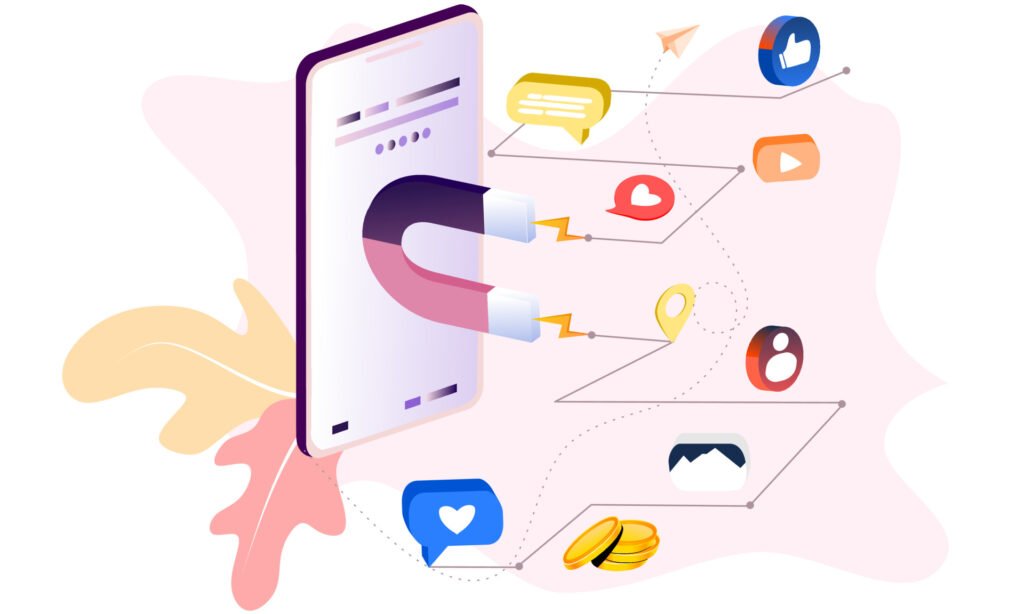Mobile applications for internal processes have become an integral part of modern business, providing a convenient and efficient way for employees to access and manage various processes. These apps can help streamline communication, increase productivity, and improve data tracking and analysis.
One key benefit of using mobile applications for internal processes is that they allow employees to access company information and resources from anywhere, at any time. This can be especially useful for teams that are remote or frequently on the go, as it enables them to stay connected and stay up to date with important business developments. Mobile apps can also facilitate real-time collaboration, making it easier for employees to share documents, communicate with one another, and work on projects together.

Another advantage of mobile applications for internal processes is that they can help streamline and automate various tasks and processes. For example, a HR app might allow employees to request time off, update their personal information, or access company policies and benefits. A project management app might enable team members to create and assign tasks, track progress, and provide updates. And a customer relationship management (CRM) app might allow sales reps to access client information, schedule meetings, and track leads and opportunities.
Mobile applications for internal processes can also be useful for tracking and analyzing data. For example, a company might use an app to track and analyze employee attendance, performance, or training data. This can help managers identify trends and patterns and make more informed decisions about employee development and performance.
There are also many specialized mobile apps available for specific industries or internal processes. For example, a healthcare organization might use an app to manage patient records, schedule appointments, or track medication compliance. A logistics company might use an app to track shipments, manage inventory, or route deliveries. And a retail company might use an app to track sales, manage customer relationships, or process orders.

One important consideration when using mobile applications for internal processes is security. It is essential to ensure that sensitive company information is protected and that only authorized employees have access to it. This can be achieved through the use of secure login credentials, encryption, and other security measures.
Mobile applications for internal processes
In conclusion, mobile apps can be an extremely valuable tool for managing and streamlining internal processes in business. They can enable employees to access and manage information and resources from anywhere, facilitate real-time collaboration, automate tasks and processes, and track and analyze data. By carefully considering security and choosing the right apps for their specific needs, businesses can leverage the power of mobile technology to improve efficiency and productivity.





